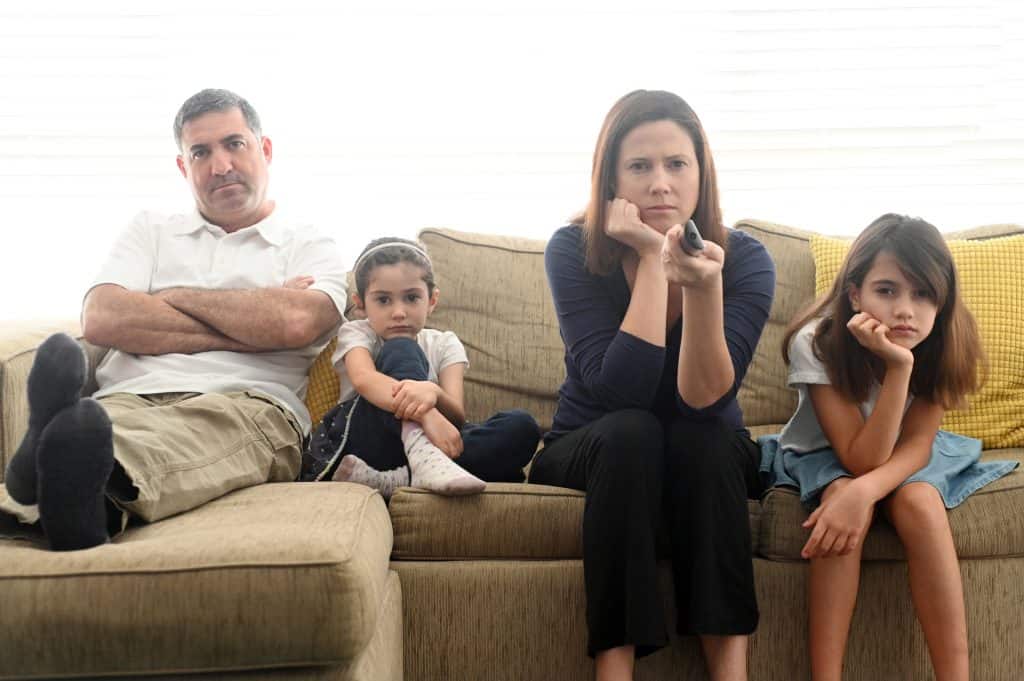The relationship between parents and children is one of the most important and influential relationships a person will have in their lifetime.
It’s a bond that begins at birth and continues throughout a child’s life, shaping his or her development and shaping the person he or she will become.
The quality of this relationship has a major impact on the child’s physical, emotional and cognitive development, as well as on his or her social and academic success.
One of the most important aspects of the parent-child relationship is the role parents play in providing a safe and stimulating environment for their children.
Parents are responsible for meeting their children’s basic needs, such as food, shelter and clothing.
They must also ensure that their children are safe and protected from harm, both physical and emotional.
This means providing a safe home environment, supervising their children’s activities and monitoring their interactions with others.
The emotional bond between parents and children is also an essential aspect of their relationship.

Parents are responsible for providing their children with emotional support and security, as well as helping them develop a sense of self-esteem.
They do this by communicating openly and honestly, showing love and affection, and giving children the opportunity to express their feelings.
By providing emotional support, parents can help children develop healthy coping mechanisms and acquire the ability to regulate their emotions.
The relationship between parents and children also plays an essential role in children’s cognitive development.
Parents are responsible for providing children with the tools they need to learn, grow and develop. This includes providing educational opportunities and encouraging children to explore the world around them.
Parents can similarly help develop their children’s problem-solving skills by encouraging them to think critically and creatively.
The relationship between parents and children also has an important impact on children’s social development.

Parents are responsible for teaching their children the skills they need to interact with others, such as communication, cooperation and empathy.
Children who have positive relationships with their parents are more likely to have positive relationships with their peers, and to succeed at school and in future relationships.
At school, the relationship between parents and children is also important.
Parents play an important role in helping children develop good study habits and become motivated learners.
They can help children develop a love of learning by providing them with the resources and support they need to succeed.
They can also help children set and achieve academic goals, and develop the skills they need to succeed at school.
How do parents and children develop an unhealthy relationship?

A toxic parent-child relationship is one in which the interaction between the two is harmful and negative, causing emotional pain and distress to both parties.
This type of relationship can develop due to a variety of factors, including poor communication, lack of emotional support and unhealthy behaviors.
One of the main factors that can lead to a toxic relationship between parents and children is poor communication.
When parents and children are unable to communicate effectively with each other, this can lead to misunderstandings and conflict.
This situation worsens with differing expectations and beliefs about how the relationship should work, leading to feelings of disappointment and frustration on both sides.
Lack of emotional support is another factor that can contribute to the development of a toxic parent-child relationship.

When parents are unable to provide emotional support to their children, the latter can feel neglected, rejected and unsupported.
This can lead to feelings of isolation and low self-esteem, which can make it difficult for children to develop healthy relationships with others.
Unhealthy behaviors can also contribute to the development of a toxic relationship between parents and children.
These may include verbal or physical abuse, neglect or overprotection.
These behaviors can create an environment in which children feel insecure.
They feel unsupported, leading to feelings of anxiety and fear.
Unrealistic expectations are another factor that can contribute to the development of a toxic relationship between parents and children.

When parents have unrealistic expectations of their children, they may experience feelings of disappointment and resentment when these expectations are not met.
This can also contribute to low self-esteem and a lack of self-confidence in children.
In some cases, a toxic relationship between parents and children can also be linked to unresolved issues from the parents’ past.
For example, a parent who was abused or neglected as a child may have difficulty providing emotional support to his or her own children, and may similarly be prone to unhealthy behaviors.
Conclusion
The relationship between parents and children is one of the most important and influential relationships a person will have in his or her lifetime.
It plays an essential role in children’s physical, emotional, cognitive, social and academic development.
Parents are responsible for providing a safe and stimulating environment for their children.
They must provide emotional support, help them learn and grow, and teach them the skills they need to interact with others.
By providing these elements, parents can help their children develop the skills and self-esteem they need to succeed in life.

